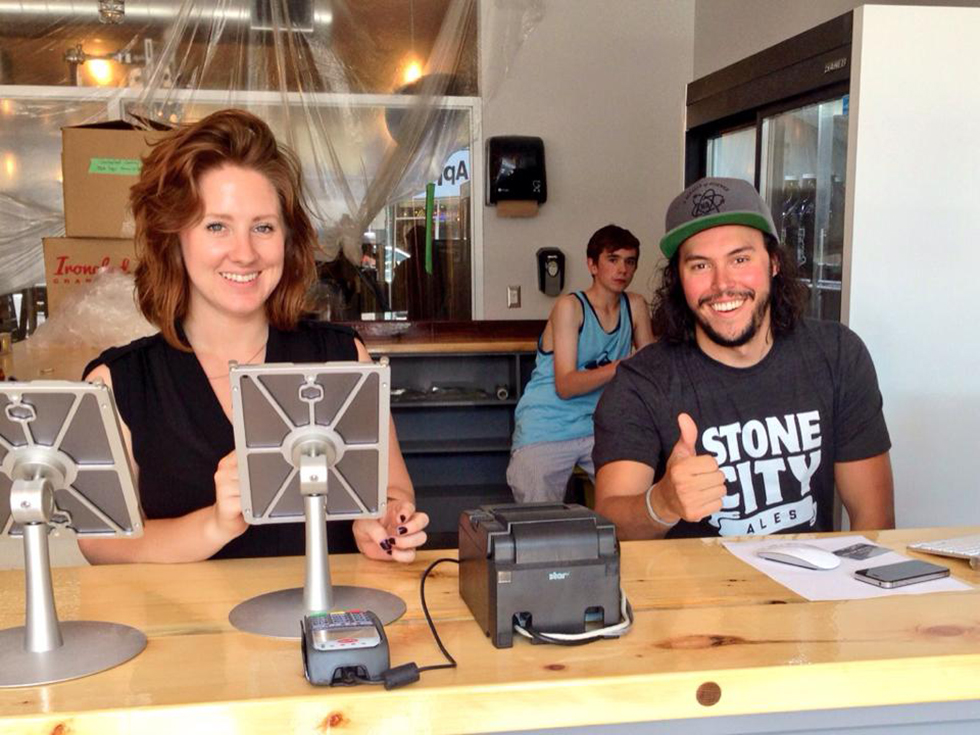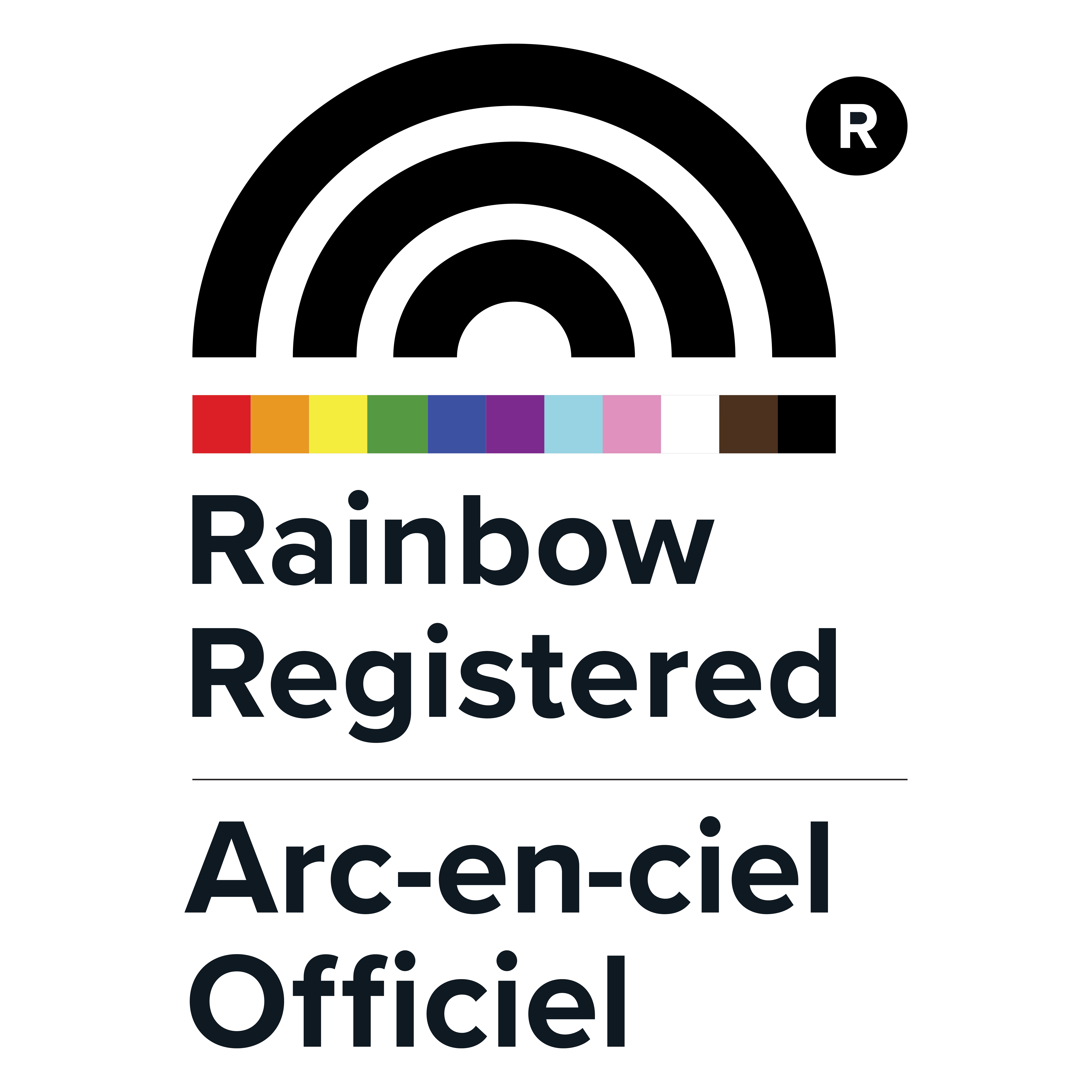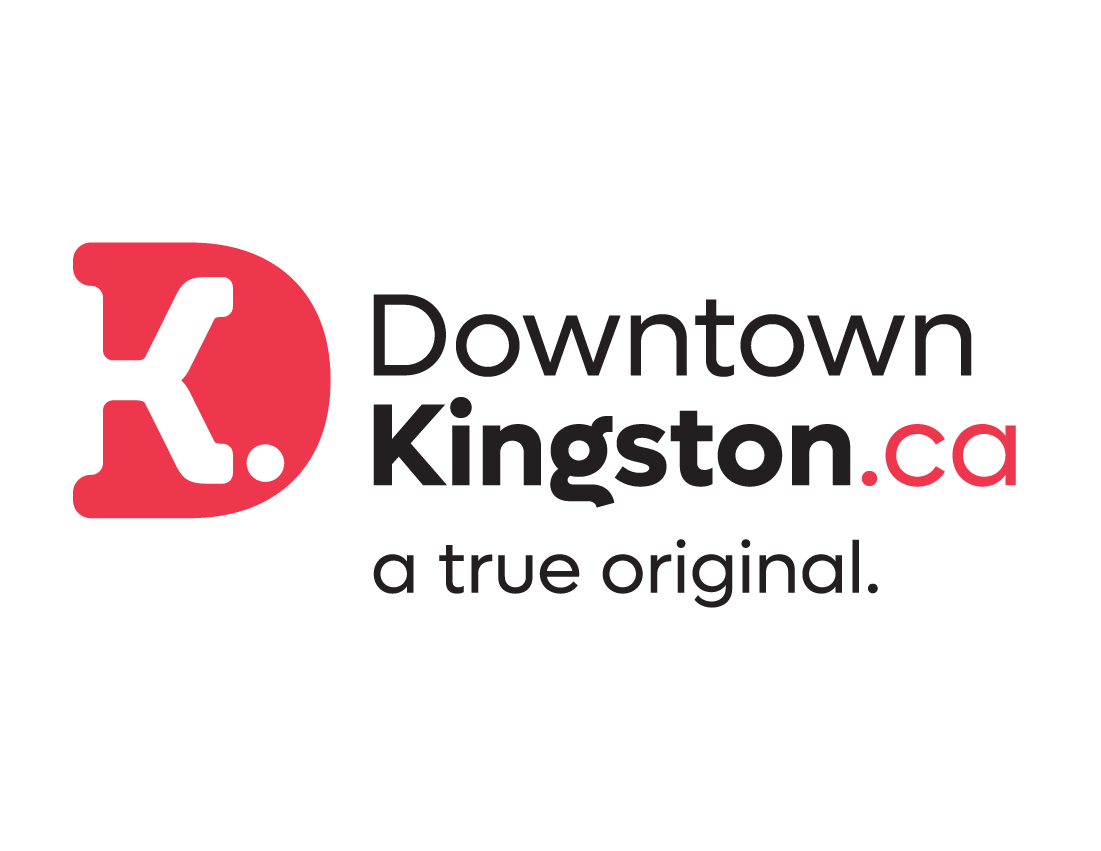Stone City Ales celebrated its first year in the craft beer business this past July, and already the accolades are pouring in. In April 2015 the brewhouse, bottle shop and tap room received both second and third in the West Coast IPA category at the Ontario Brewing Awards, which is virtually unheard of in Ontario’s uber-competitive IPA world.
A big reason for that praise is the guy behind Stone City’s suds: Head Brewer Justin da Silva. A native of Pickering, Ontario, da Silva first got a taste for brewing while working at Ottawa’s Clock Tower Brew Pub after graduating from the University of Ottawa. His travels to the beer meccas of the world—Germany, Belgium, the Netherlands and the UK—certainly helped develop his love of brewing, too.
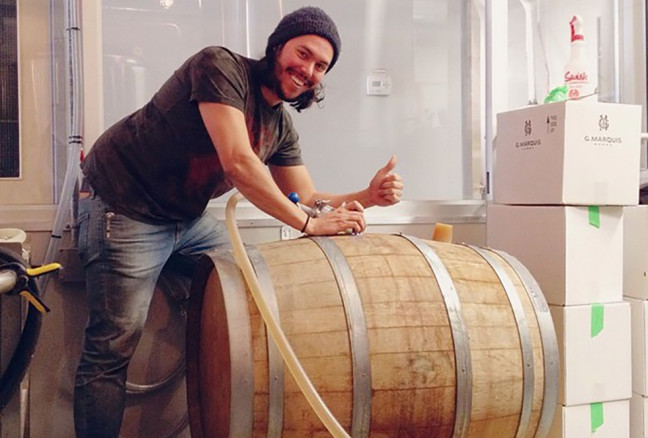
He went on to work as a brewer at Ottawa’s Beyond the Pale Brewery and as an eastern Ontario sales rep for Burlington’s Nickel Brook Brewery, where he saw firsthand the demand for craft beer that wasn’t being filled in Kingston.
Enter Ron Shore, who also saw the demand and looked to fill it with his own brewery in Kingston and da Silva, the man he hired to develop the recipes that would become the core of Stone City’s ales.
I recently caught up with da Silva to learn more about why he joined Shore’s brewery, his approach to brewing and what’ll be on tap soon at Stone City Ales. Here’s what he had to say:
What was it that attracted you to Stone City Ales in the first place?
I always really liked Kingston. I grew up sailing in Pickering and had come to CORK [an annual sailing festival in Kingston], so there were always fond memories of this city. I was also open to a change, and this was an opportunity to do something new and brew my own recipes. Plus, Ron [Shore] and I seemed to be pretty like-minded about what we wanted to drink.
How would you characterize that approach to beer?
I’m a big fan of brewing American-style beers, so we do a lot of hop-forward pale ales and IPAs. And I’m a pretty big fan of Belgian beers, too. Ron has come around on them; he’s getting into them quite heavily.
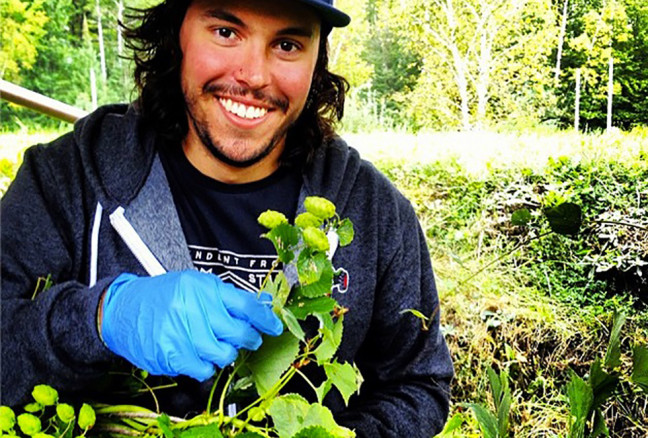
What is it about Belgian beers that attract you?
I just find their flavour profile is quite interesting. You get those spicy and fruity notes coming off the yeast, and there are hundreds of Belgian beers, from pale ales to saisons to all of the different kinds of sour beers. Their approach is that you can put whatever you want into beers—there’s no limit to what you can do. Whereas with British and German brewing, it’s much more: “This is how we do it, this is how we’ve always done it and this is how we’re going to continue to do it.”
Has your approach to brewing changed at all since you arrived at Stone City Ales?
Not so much with how I like to brew, but we’ve done some tweaking. When we were doing our pilot brewing, for example, we were having terrible results because the limestone in the area adds this mineral quality to the beer that we found made the beer a little bit too bitter. So now we have a big system and a really good filter, and we’ve had to adjust how we brew the beer to make up for the water. But overall, it’s quite nice to work with this water; I find it makes for good beer.
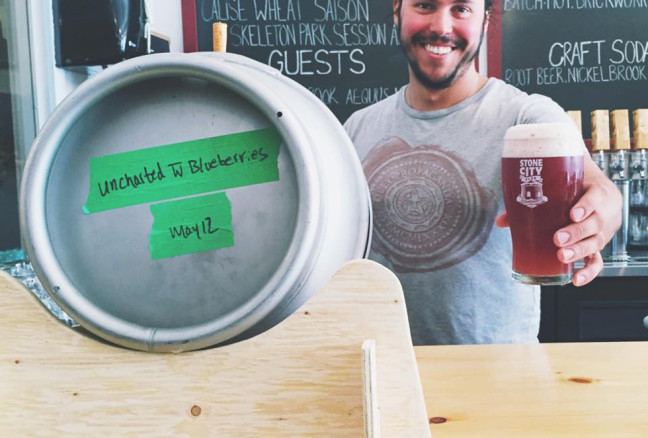
Other than the water, what other local ingredients to you use in the beers?
We work with a fair amount of Canadian malts, and in the fall we’ll be working with Pleasant Valley Hops in Prince Edward County, which we’re really excited about because for the most part there’s not an abundance of hop yards in this area. We also work with a local farm, Salt of the Earth. We give them all of our spent grain to feed to their livestock, and in the summer we’ll be getting some of their produce to use in our kitchen. Last year, we did a pumpkin beer and used a bunch of their pumpkins, and in the wintertime, we did a cranberry spruce beer and used spruce that they foraged off their property. We’re hoping to utilize even more of their produce in our beer room and tap room soon.
What else is in store over the next couple of months? Anything you can tell us about what’ll be on tap?
We’re releasing our “Hundredth Brew” very soon. It’s going to be a special IPA, and it should be a pretty hoppy beer—100 IBU since it’s our hundredth brew. And we’re actually going to be doing our first sour beer very soon. It’ll be a Belgian sour saison, so it’ll be a little bit tart. We’re also going to be releasing some of our barrel-aged stuff that we’ve been storing for months and months. So we’ve got lots of good stuff going on.
